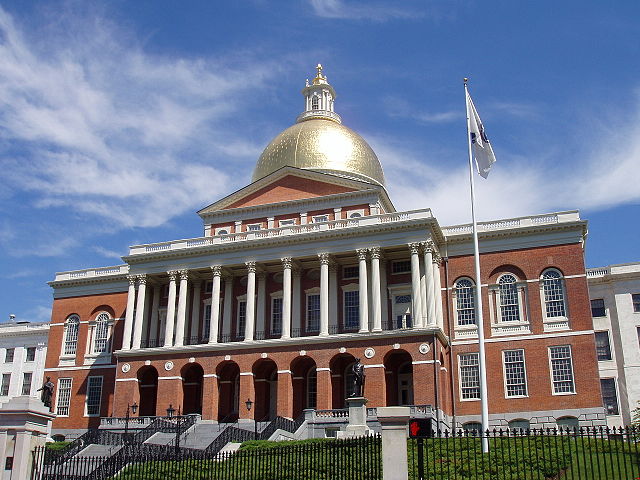
A judge recently threw the Millionaire’s Tax measure off the November ballot, but Bay State politicians are still busy looking for other ways to hike state taxes.
For example, the Democrat-run Massachusetts Legislature passed a bill on Wednesday that raises the minimum wage to $15 dollars an hour, more than doubles the minimum tipped wage, and mandates paid sick and family leave of up to 26 weeks in a given year. These mandates are funded, in part, with higher taxes on employers.
To get this economically harmful legislation passed, lawmakers included a bargain that creates a yearly sales tax holiday lasting two days. Make no mistake, however, this bargain comes at the expense of Massachusetts taxpayers who will see increased costs, higher taxes, and fewer available jobs.
Let’s first examine how the minimum wage hike will do harm. It is well-documented that the campaign for a 15 dollar minimum wage actually harms low income households and low skill workers.
In Seattle, the University of Washington reports that recent minimum wage hikes have already forced companies to cut payrolls and slow the hiring of new workers. Moreover, for low-income workers, the costs of the wage law have outweighed the benefits by a ratio of 3-1, curbing earnings by an average of $125 every month.
As is the case in the Evergreen State, the tech industry is booming in Massachusetts, already placing a premium on high-skill labor over low-skill labor. A hike in the minimum wage will limit the remaining low wage work and serve to speed up the automation process. In suburban and rural areas, manufacturing – which faces stiff competition from foreign markets – will be negatively impacted by the law.
Regarding the 80% increase in the tipped minimum wage, consumers in the Bay State can expect higher prices at restaurants and workers can expect fewer job openings. By almost doubling the cost of hiring tipped workers, the state will saddle restaurants with a list of bad options to make ends meet. What they come up with will be a combination of increased prices, less hiring, and added service charges, which waiters never get a piece of. To top it off, the better service that tip-based income incentivizes will likely deteriorate.
The costly paid leave mandate will also hurt employers and employees alike. To pay for mandatory leave, businesses will be hit with an additional 0.63% payroll tax, making it cost an extra $472.50 annually to hire a worker making $75,000 a year. Employees will see real wages cut to compensate for the mandated benefits, while many companies will think twice before considering expansion, as $472.50 quickly adds up when it’s multiplied by hundreds, or even thousands of workers.
Americans for Tax Reform will be urging Governor Charlie Baker to veto this misguided bill.

